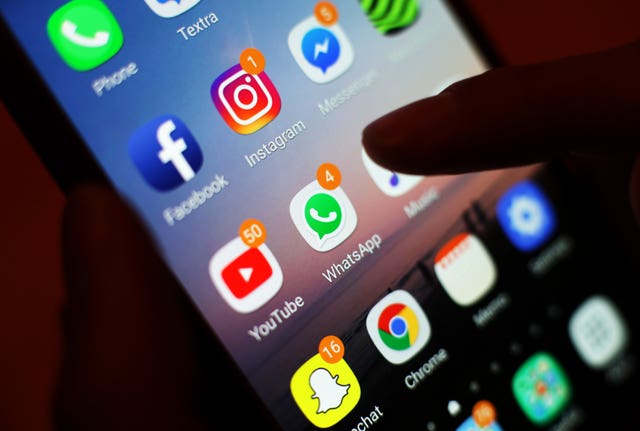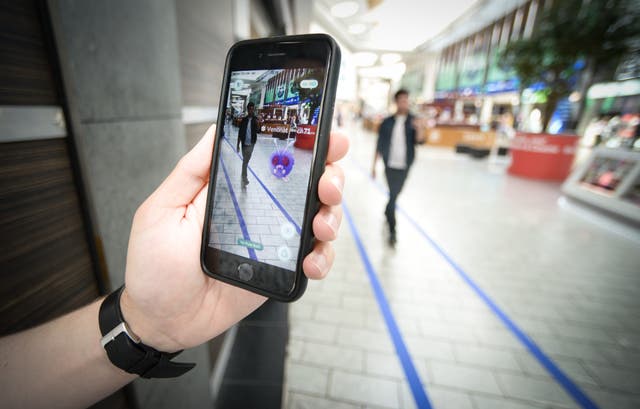Russia social media influence efforts still ongoing, US Senate report says
The study says that as attention was focused on Facebook and Twitter in 2017, the Russians shifted much of their activity to Instagram.

“Active and ongoing” Russian interference operations in US politics still exist on social media platforms, according to a report.
The briefing, compiled by private researchers and expected to be released by the Senate intelligence committee, added that the Russian operation discovered after the 2016 presidential election was much broader than once thought.
The report was compiled by the cyber-security firm New Knowledge with data provided by the Senate committee from major tech companies Facebook, Twitter and Alphabet, the parent company of Google.
Along with another report expected to be released by the panel, it is the first comprehensive analysis of the Russian interference on social media beyond what the companies themselves have said.
The report says that there are still some live accounts tied to the original Internet Research Agency, which was named in an indictment from special counsel Robert Mueller in February for an expansive social media campaign intended to influence the 2016 presidential election.
Some of these accounts have a presence on smaller platforms as the major companies have tried to clean up after the Russian activity was discovered.
“With at least some of the Russian government’s goals achieved in the face of little diplomatic or other pushback, it appears likely that the United States will continue to face Russian interference for the foreseeable future,” the researchers wrote.
The report says that none of the companies turned over complete data sets to Congress and some of them “may have misrepresented or evaded” in testimony about the interference by either intentionally or unintentionally downplaying the scope of the problem.

The study says that as attention was focused on Facebook and Twitter in 2017, the Russians shifted much of their activity to Instagram.
The study says that there were 187 million engagements with users on Instagram, while there were 77 million on Facebook.
“Instagram was a significant front in the IRA’s influence operation, something that Facebook executives appear to have avoided mentioning in Congressional testimony,” the researchers wrote.
They added that “our assessment is that Instagram is likely to be a key battleground on an ongoing basis”.
The Russian activity went far beyond the three tech companies that provided information, the report says, reaching many smaller sites as well.
It details the sophisticated attempts to infiltrate internet games, browser extensions and music apps.

The report discusses even more unconventional ways that the Russian accounts attempted to connect with Americans and recruit assets, such as selling merchandise with certain messages, specific follower requests, job offers and even helplines that could encourage people to unknowingly disclose sensitive information that could be used against them.
The Russians’ attempts to influence Americans on social media first became widely public in the autumn of 2017.
Several months later, Mr Mueller’s indictment laid out a vast, organised Russian effort to sway political opinion.
While the social media companies had already detailed some of the efforts, the indictment tied real people to the operation and named 13 Russians responsible.
The study repeats several conclusions that Mr Mueller, the intelligence community and the Senate and House intelligence committees had already made — that many of the postings focused on race, that they were primarily to hurt Democrat Hillary Clinton and help Donald Trump, and that the ultimate goal was to sow American division.





